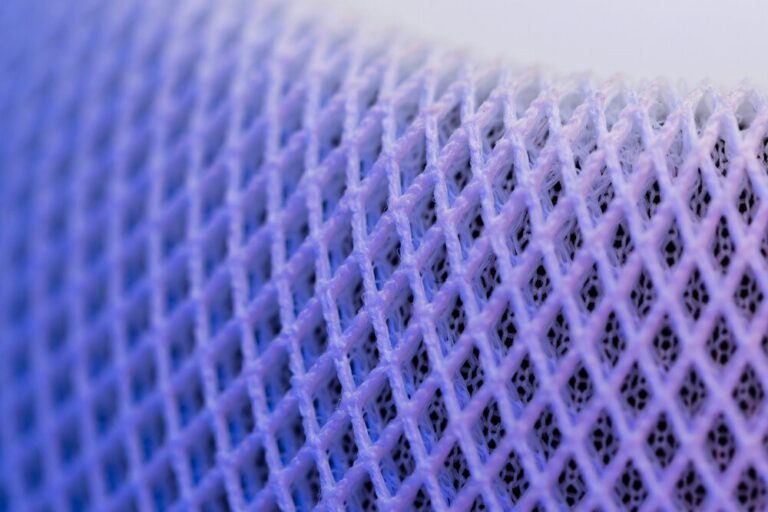A team of physicists and microbiologists from the University of Massachusetts Amherst, United States, say their discovery that bacteria-produced nanowires allow electron transport across long distances, could revolutionize nanotechnology and bioelectronics. According to the team, this unknown property of microbial nanowires in the bacterium Geobacter sulfurreducens may one day lead to cheaper, nontoxic nanomaterials for biosensors and solid state electronics that interface with biological systems. According to Derek Lovley, a microbiologist, “The ability of protein filaments to conduct electrons in this way is a paradigm shift in biology and has ramifications for our understanding of natural microbial processes as well as practical implications for environmental clean-up and the development of renewable energy sources.” The researchers report, in an advance online issue of Nature Nanotechnology, that this is the first time metallic-like conduction of electrical charge along a protein filament has been observed. Many of today’s nanotechnology materials are expensive to produce and require rare elements, but Geobacter offers the ability to produce natural materials that are more eco-friendly and less expensive than man-made. As Lovley quips, “We’re basically making electronics out of vinegar. It can’t get much cheaper or more ‘green’ than that.”




